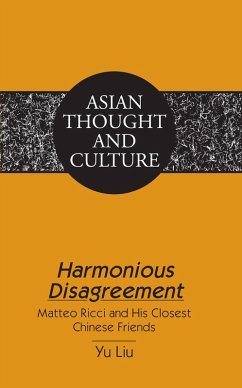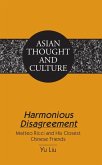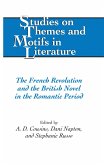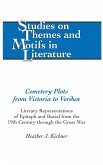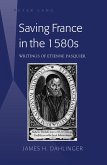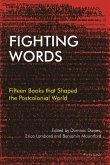The fascinating story of Matteo Ricci (1552-1610) changing himself while trying to change the religious faith of the Chinese has been told many times. As a Jesuit, Ricci pushed Christian evangelism by claiming a theistic affinity with Confucianism and by presenting himself as a defender of Confucian orthodoxy from Buddhism. Already in his day, Ricci's unusual cultural adaptation was controversial; not surprisingly, scholarly studies have hitherto focused almost exclusively on variations of this controversy. Reacting mostly to Ricci's account of events, this line of research has provided insight, but much more can be learned about the early-modern cross-cultural encounter of Europe and China if the perspective is broadened to include his intricate and intriguing relationships with his Chinese friends. With his distinctively different religiosity, personal charisma, and knowledge of European science and mathematics, Ricci impressed the social and cultural elite of late Ming China, many of whom befriended him and some of whom became Christian converts. However, between him and his Chinese friends there were always disagreements, resulting sometimes from a lack of understanding or misunderstanding, and sometimes even when they apparently understood each other perfectly. Followed closely as the investigative thread of this book, the many kinds of disagreement cast an unusual light on an otherwise long familiar subject and are instructive for the at times tense and even hostile, but in reality always mutually energizing relationship of both competition and complement between China and the West in the early twenty-first century.
Dieser Download kann aus rechtlichen Gründen nur mit Rechnungsadresse in A, B, BG, CY, CZ, D, DK, EW, E, FIN, F, GR, HR, H, IRL, I, LT, L, LR, M, NL, PL, P, R, S, SLO, SK ausgeliefert werden.

